Experimental archeology – seminar in Trondheim
On September 21-23, 2017, our association took part in the seminar “Norwegian Forum for Experimental Archeology” organized by Hands on History and Trondheim Vikinglag. The main topic was experiment as a research method which is increasingly used in archeology, especially by archaeologists – reconstructors and institutions such as open-air museums and historical centres. Experimental archeology is, for example, the construction of a Viking boat carried out by the Viking Ship Museum in Roskilde, Denmark, testing the methods used in medieval cuisine or an attempt to recreate medieval musical instruments.
In a cheerful international group, we wondered what “authenticity” in reenacment means to us. We came to the conclusion that it is not an objective feature, but depends on our previous expectations and perceptions of what can be considered authentic. These, on the other hand, come from science, but also from popular culture. It is enough to think about the stereotype of the Viking – a bearded pirate-warrior popular thanks to cartoon and movies, but not historically accurate. We also talked about how to organize historical events to build the best possible dialogue between organizers, viewers, craftsmen and reenactors.
On the last day, there were craftsmanship presentations open to public and a game – a mini escape room in which visitors tried to solve the mystery around the medieval cathedral in Trondheim and King Olaf Tryggvason, the founder of the city. Constructing an escape room was part of the seminar in which we discussed educational methods which could be used in reenactment and historical education institutions to better engage viewers.
Experimental archeology is getting popular among reconstructors, who often combine theoretical knowledge with passion to recreate the tools, methods and techniques of production by themselves. Experimental archeology is popular in Scandinavia, where museums and historical education centers have long been implementing educational programs through workshops and cooperation with reenactors. A similar trend is slowly developing in Poland.
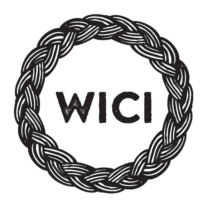
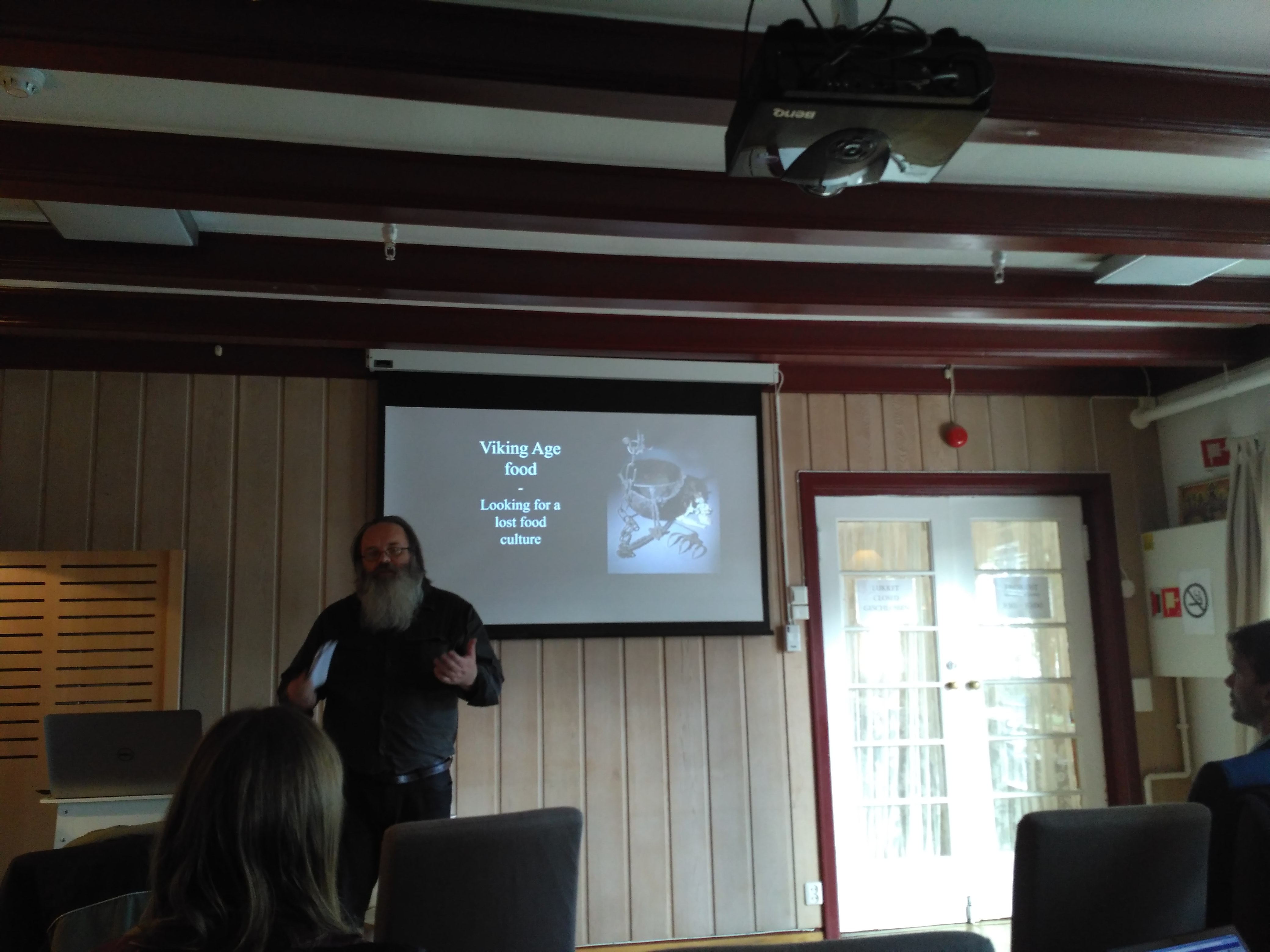
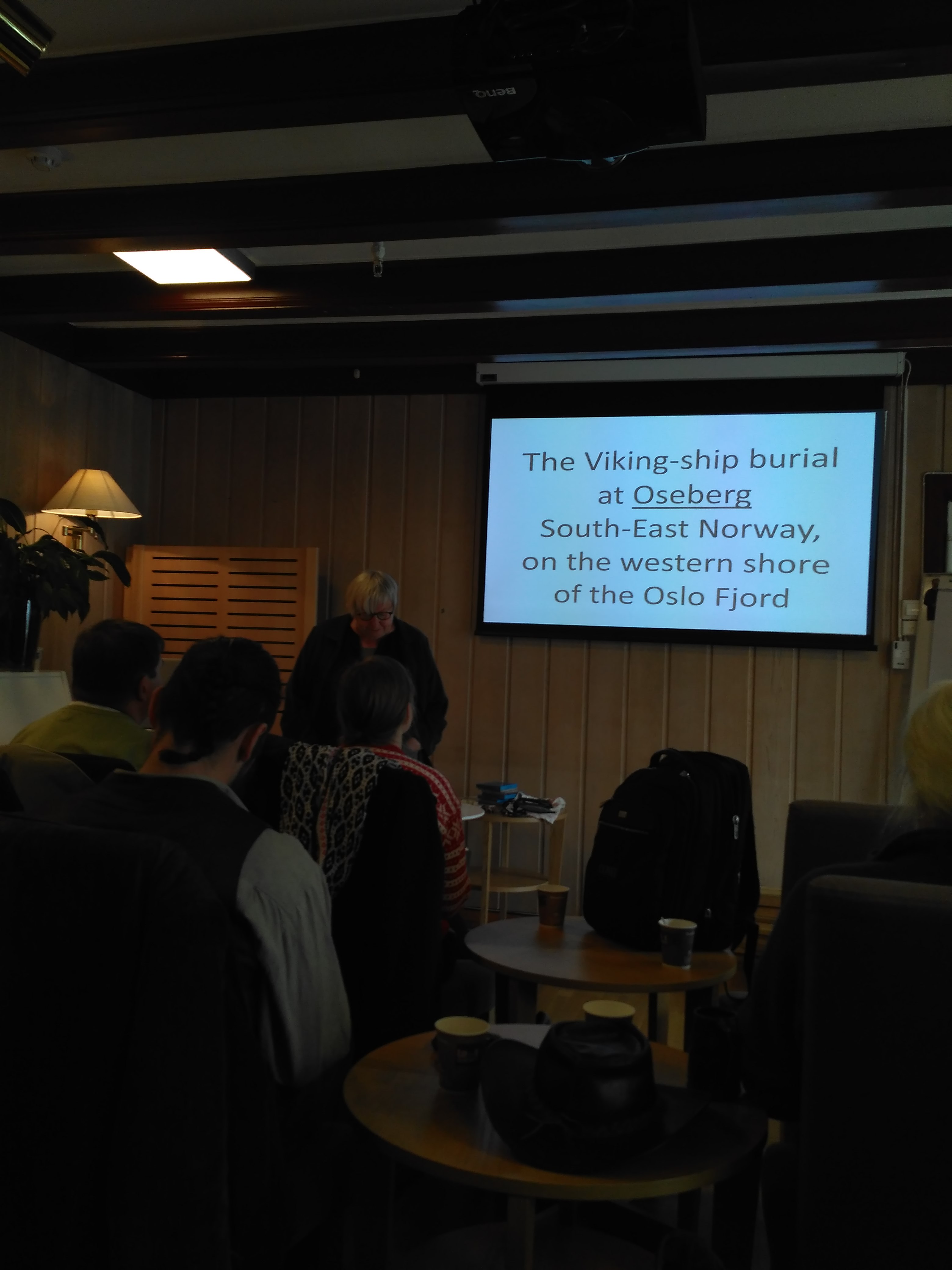
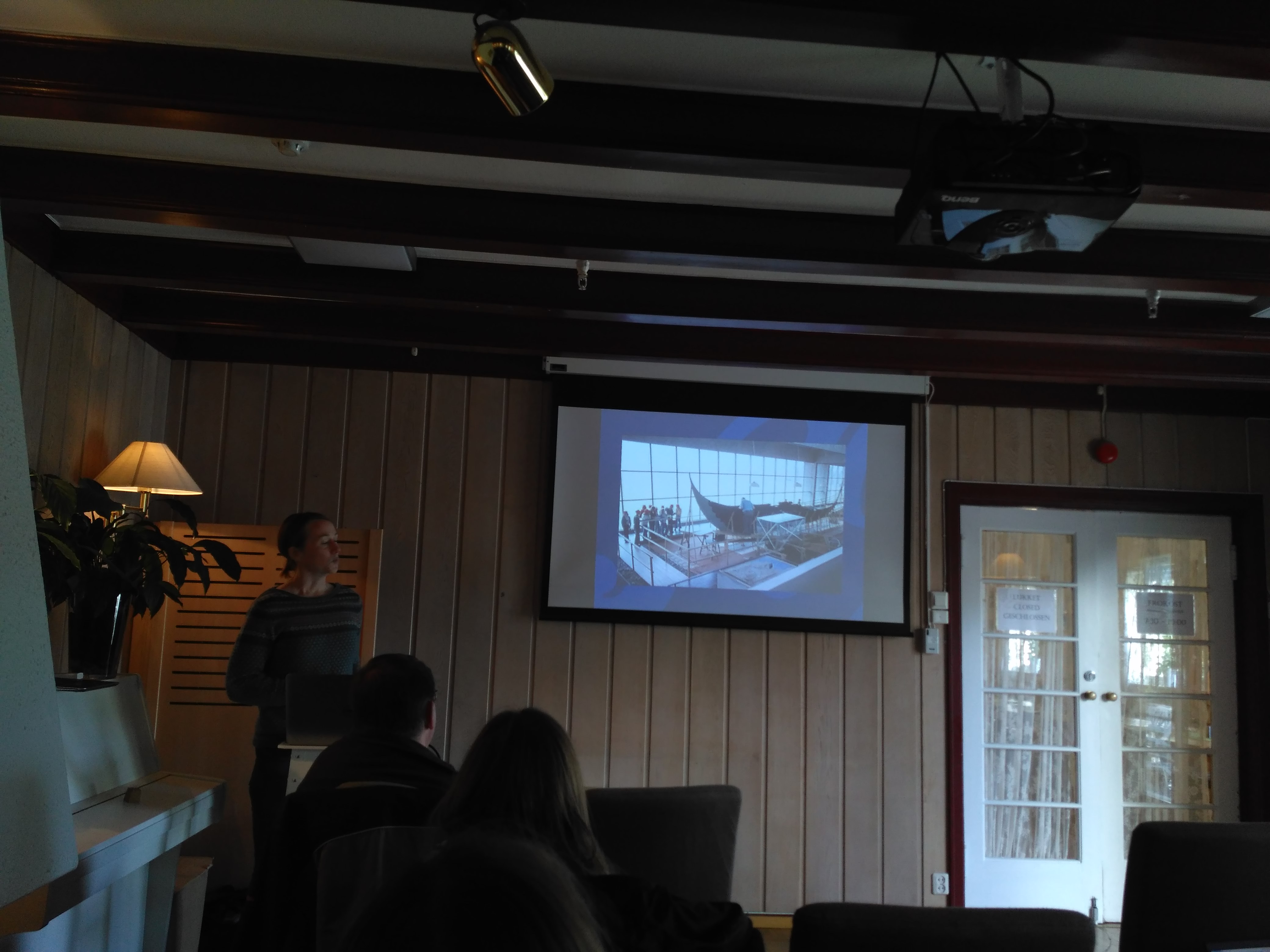
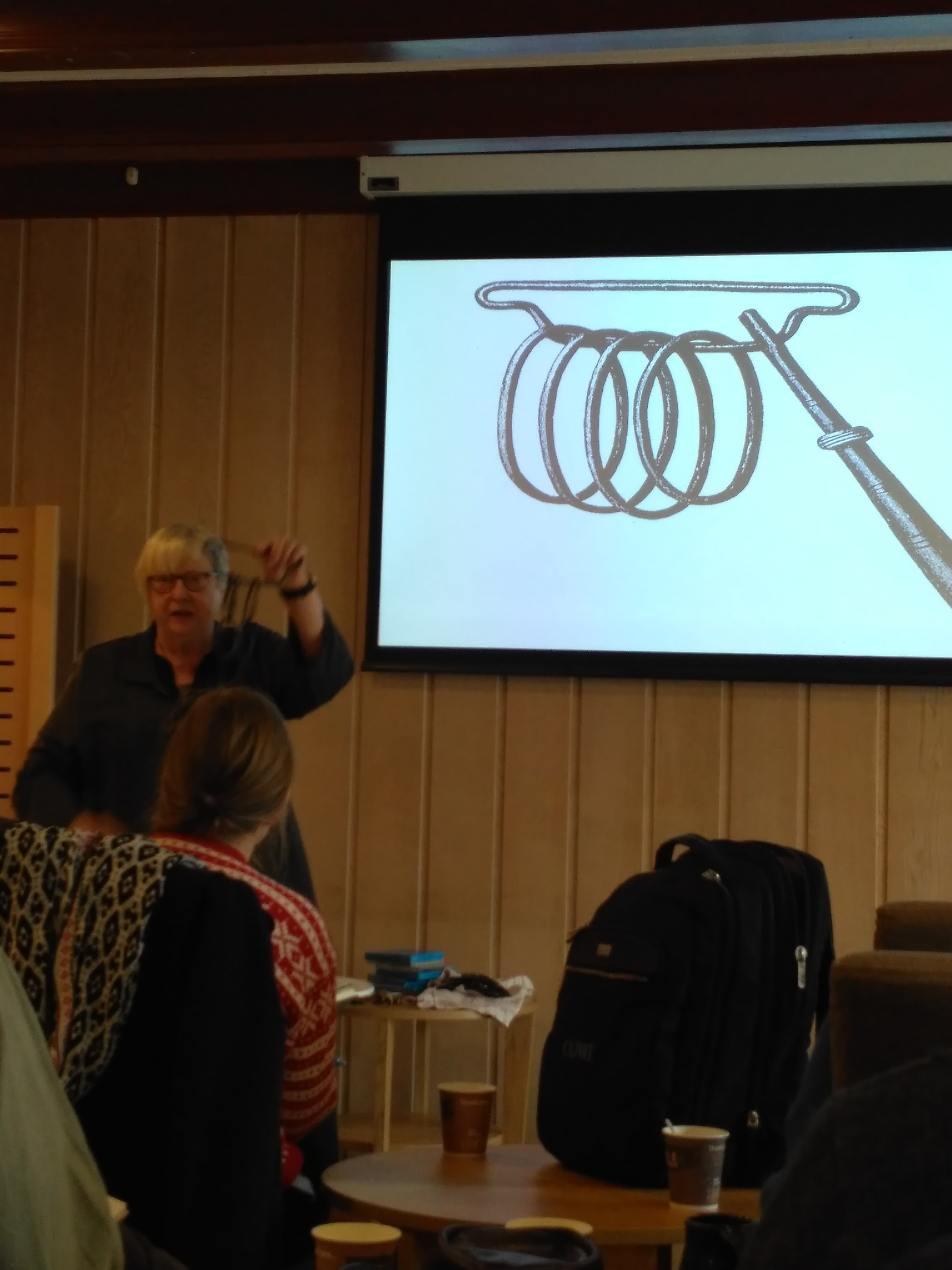
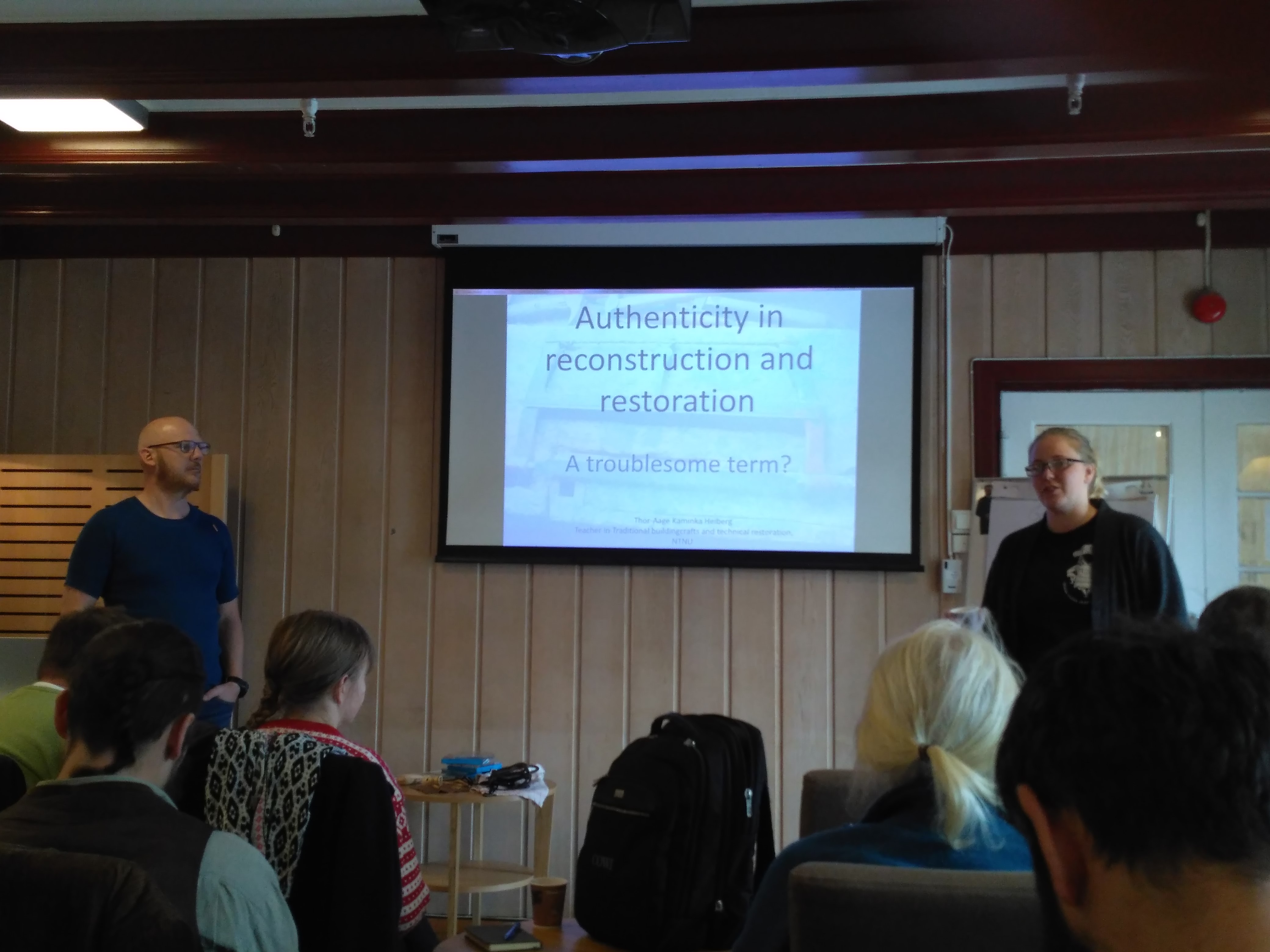

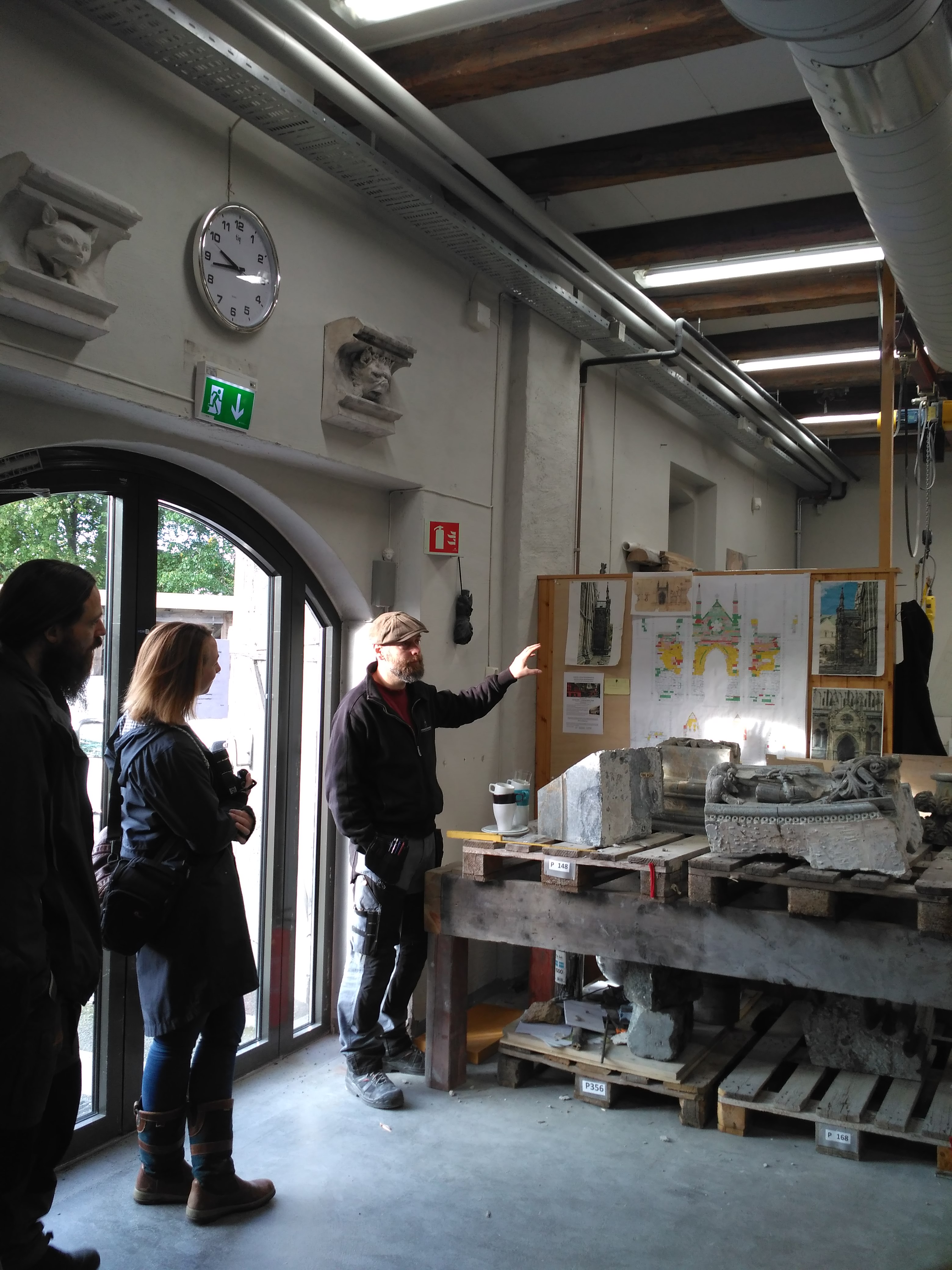
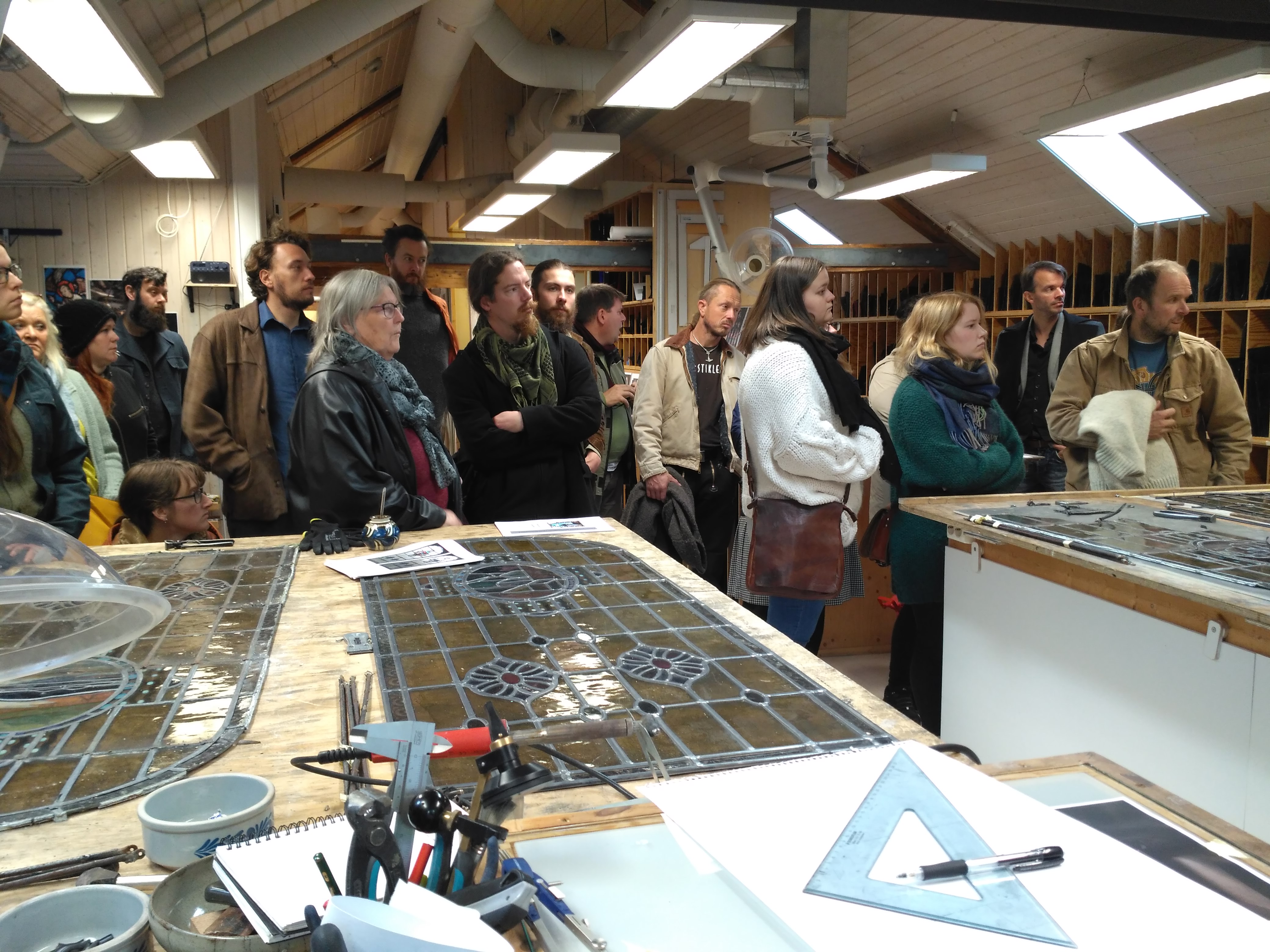
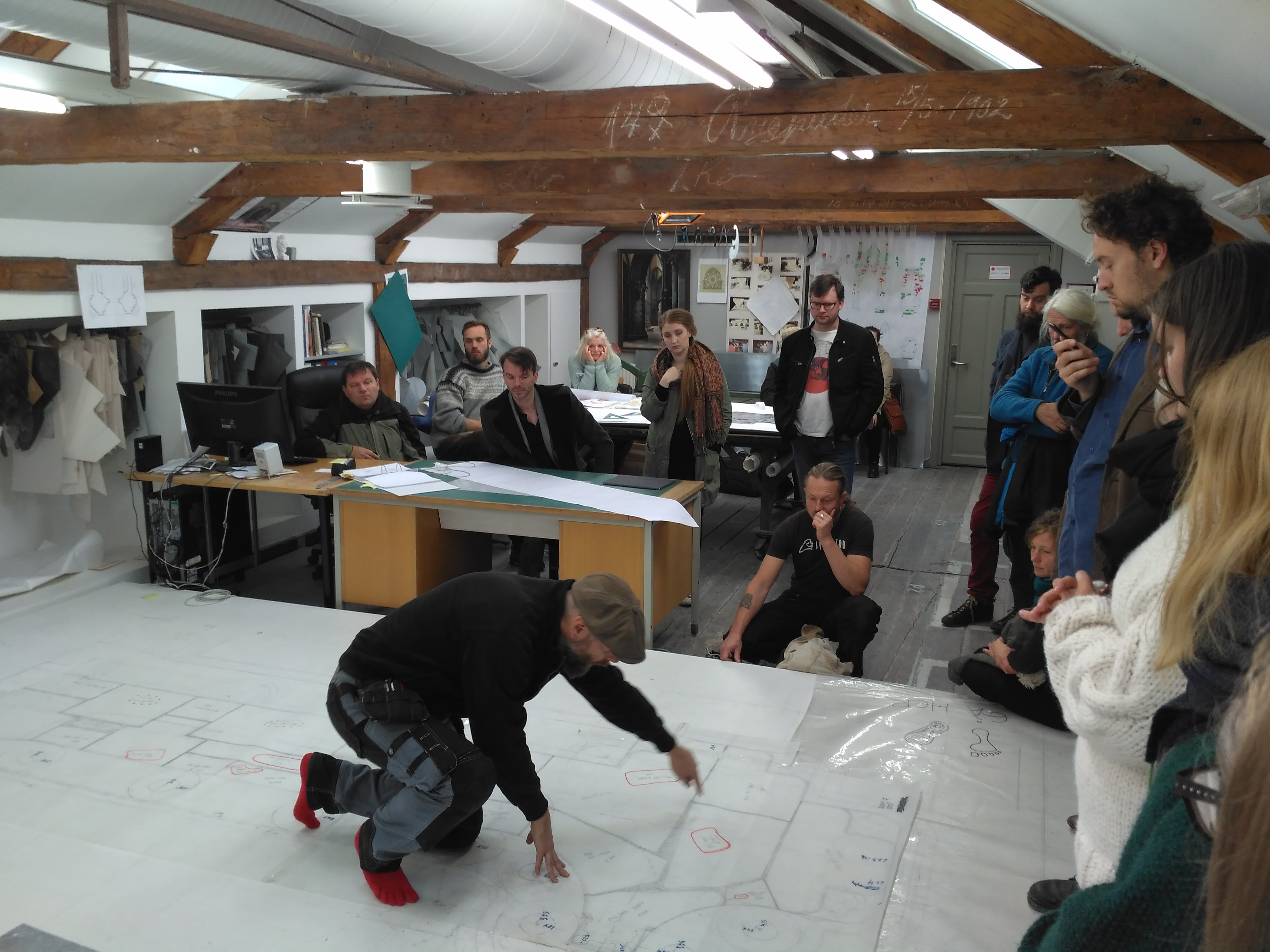
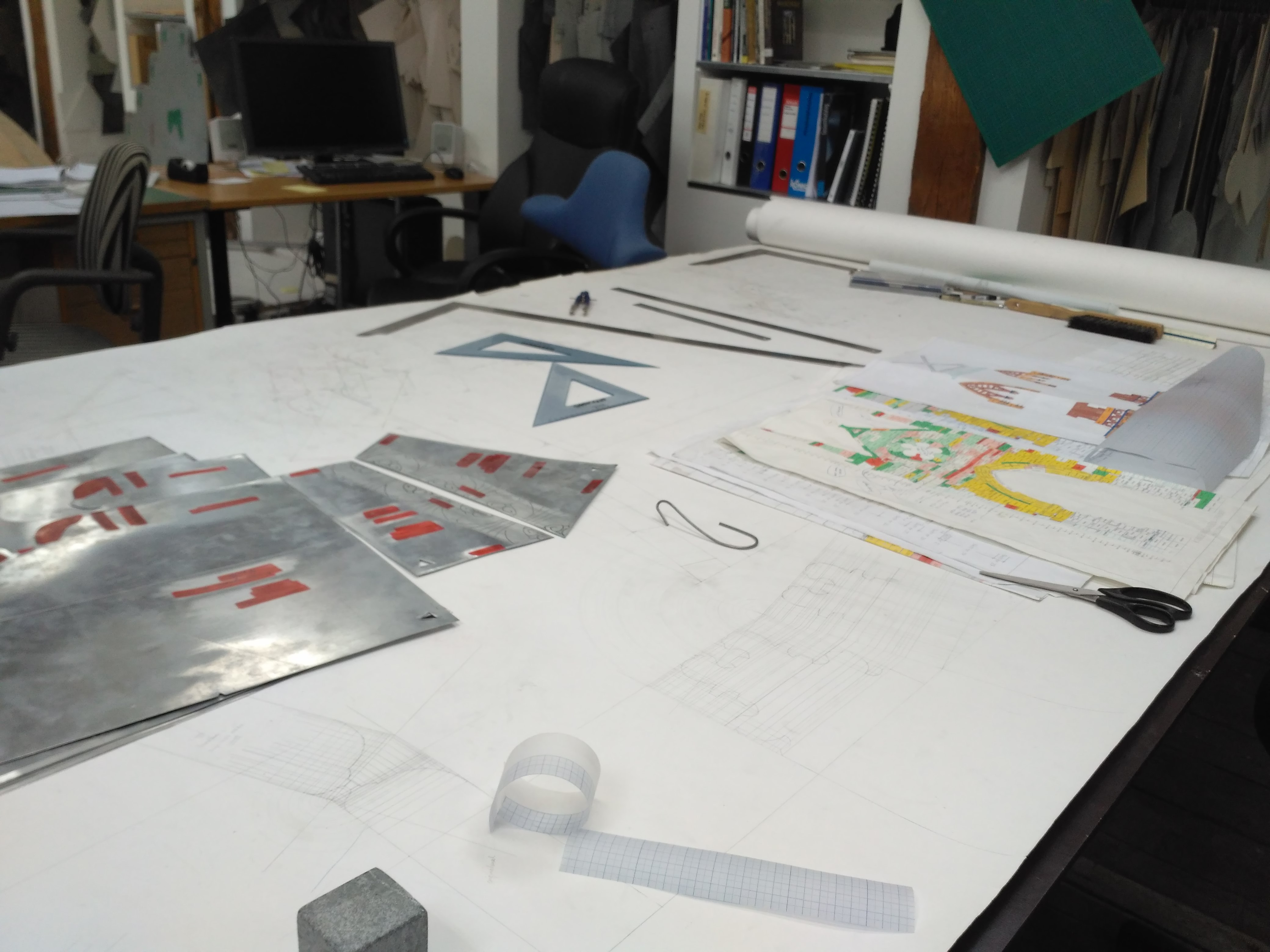
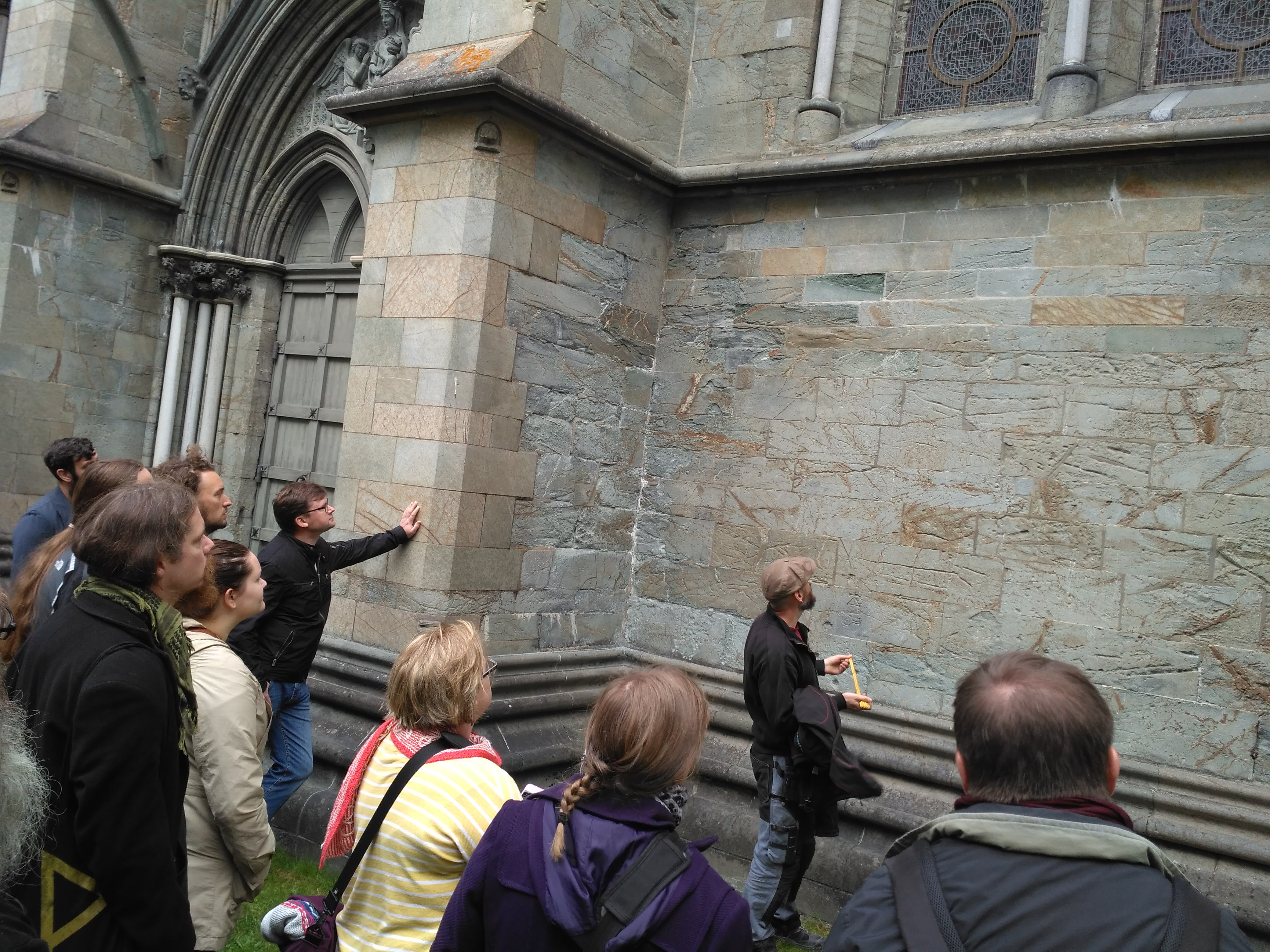
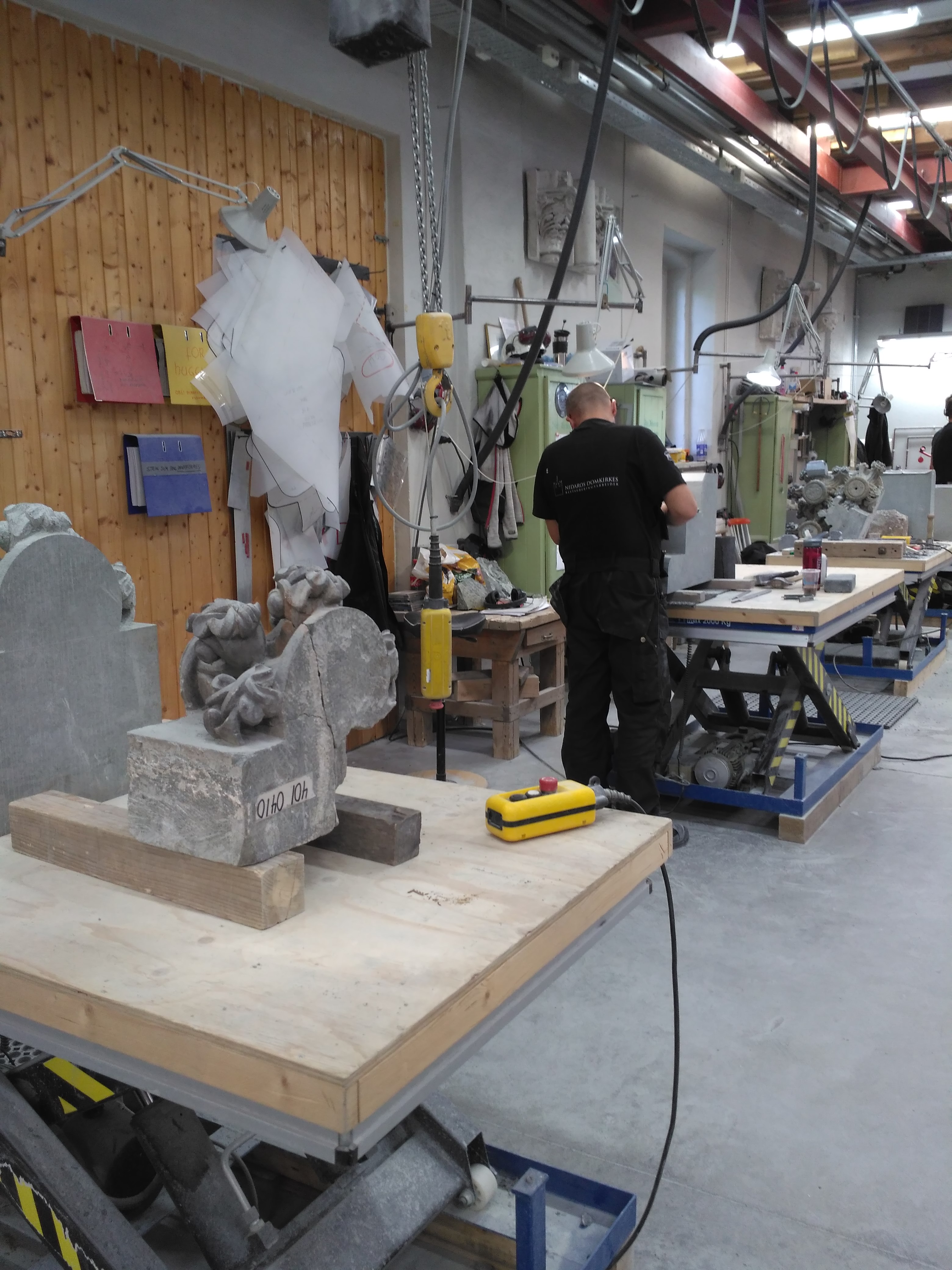
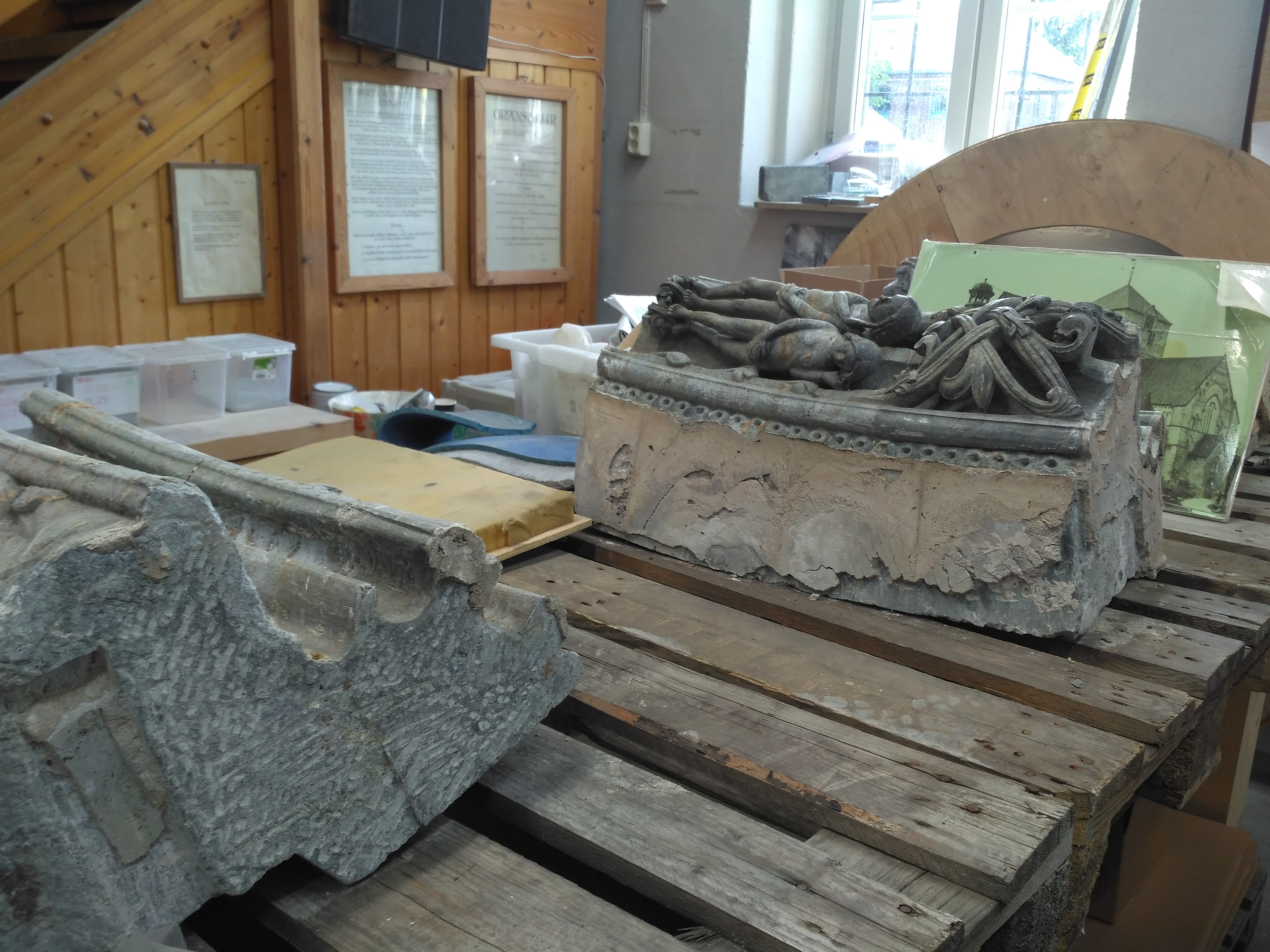
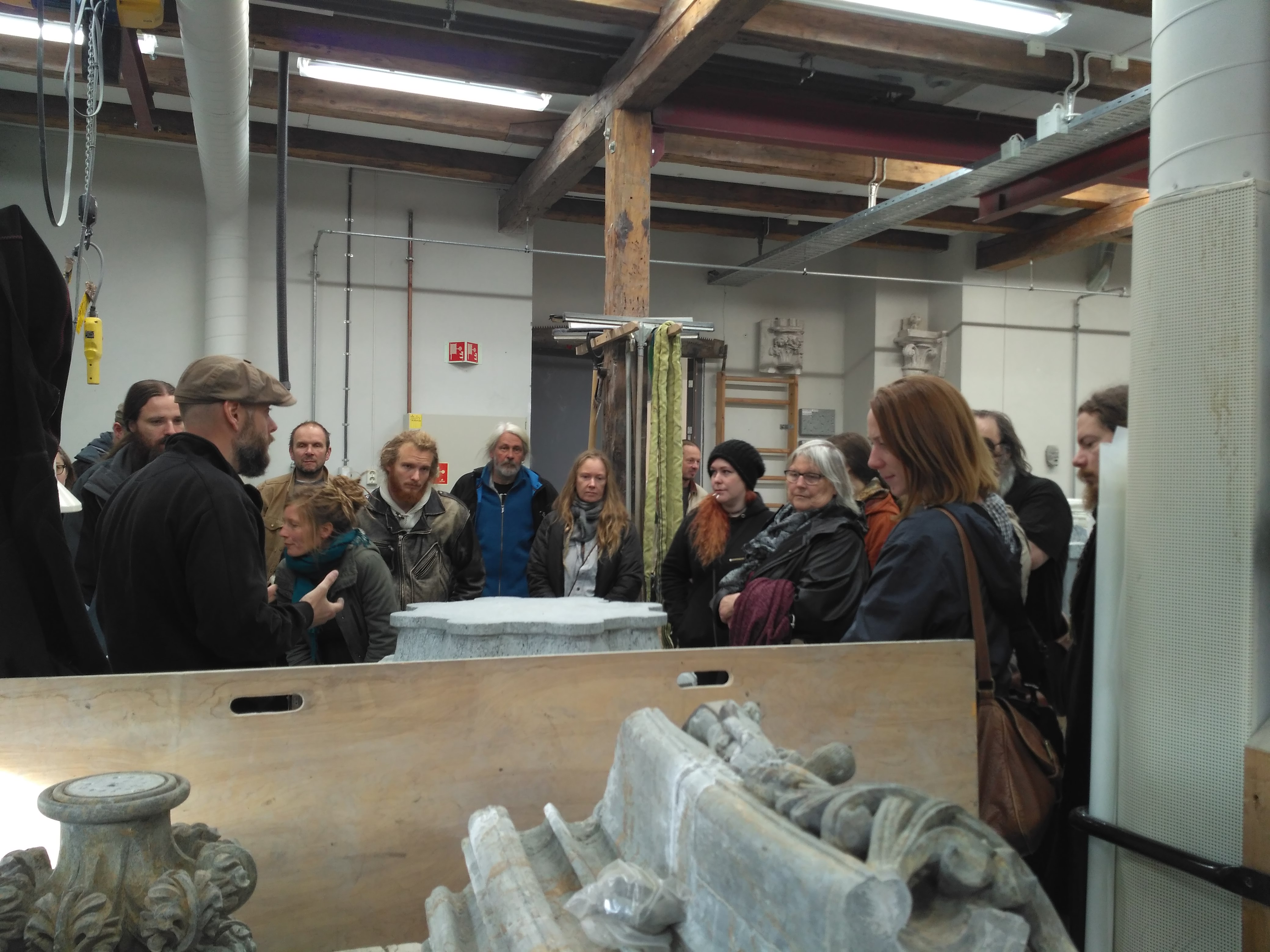
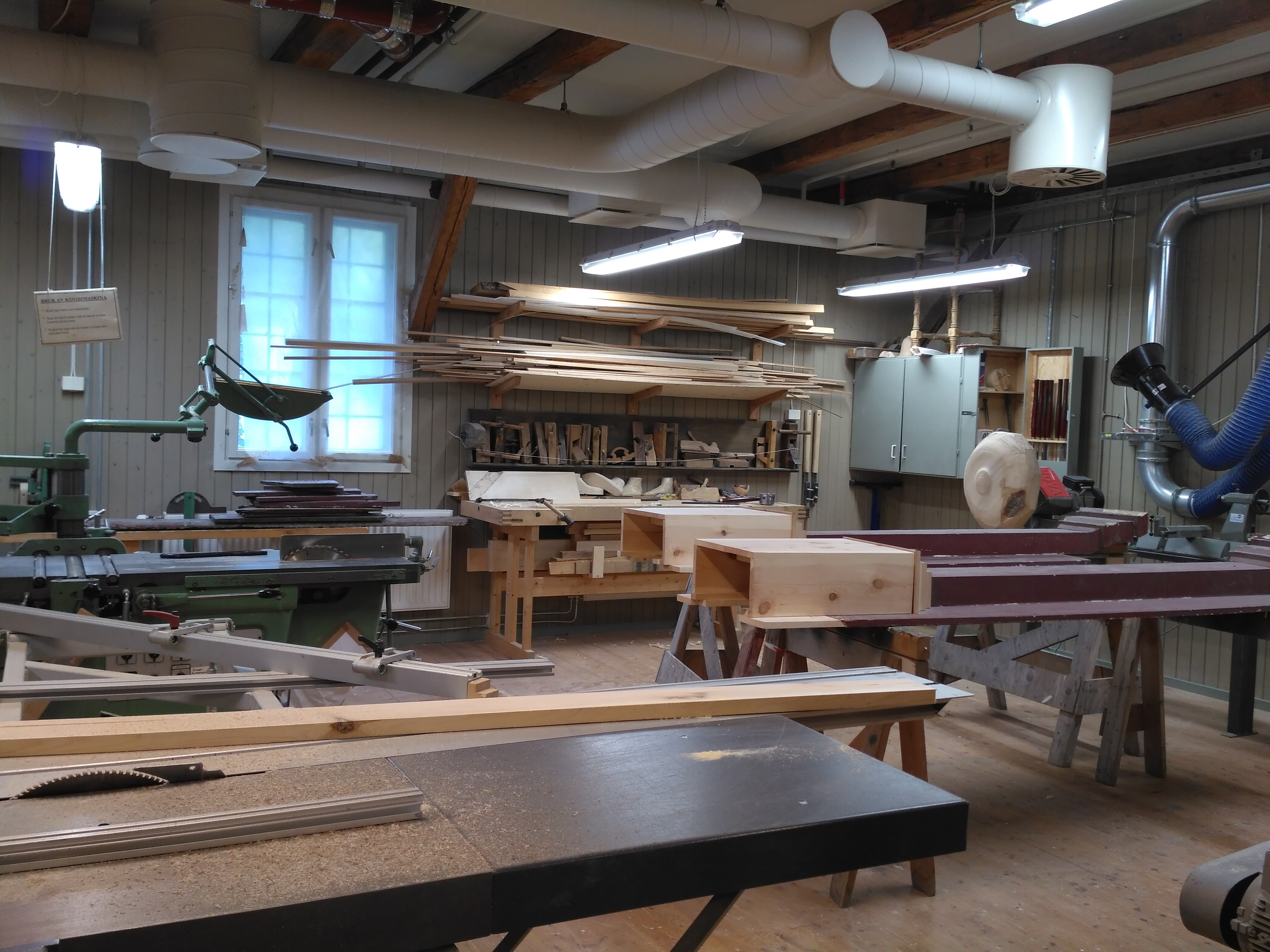
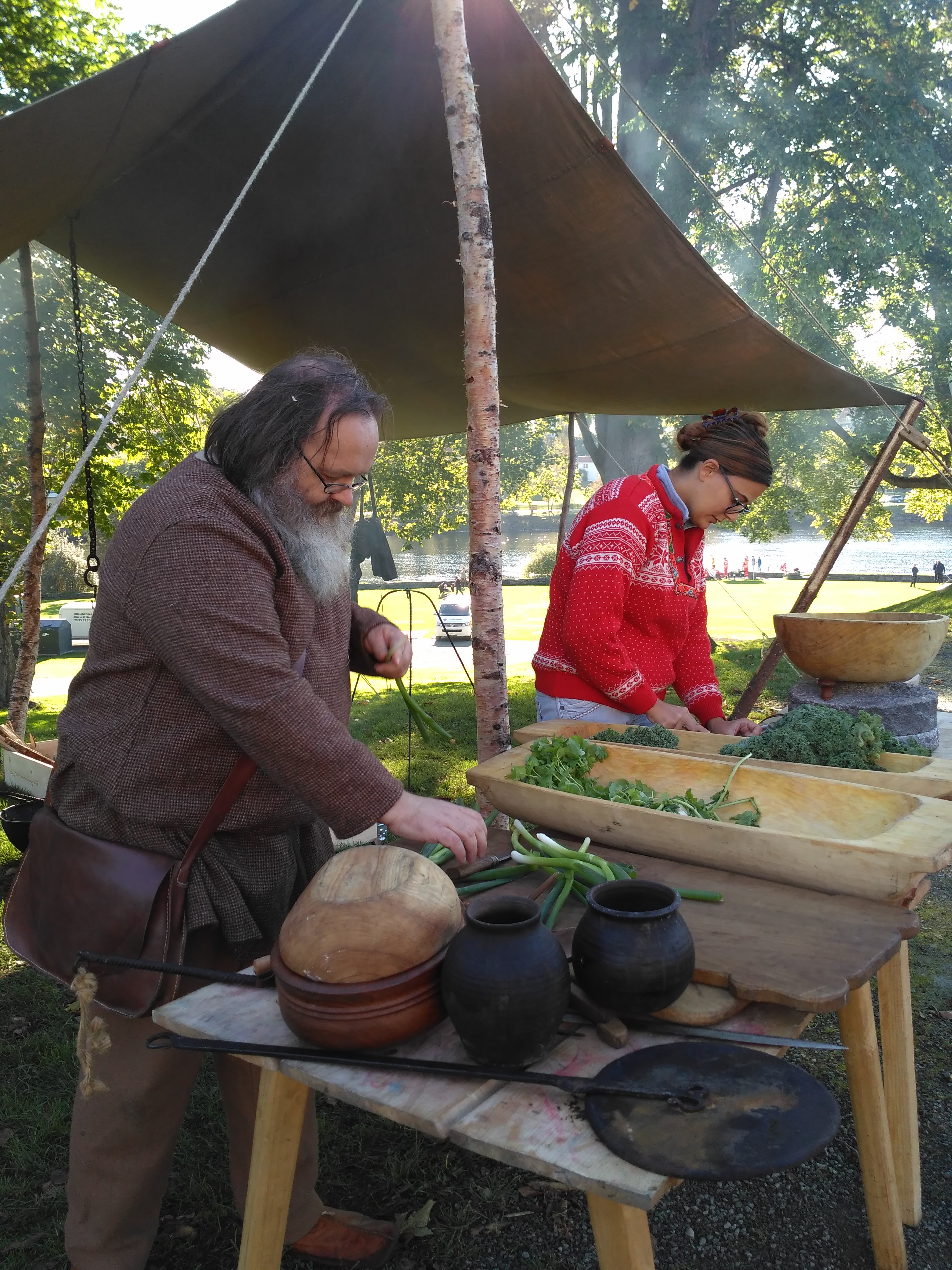
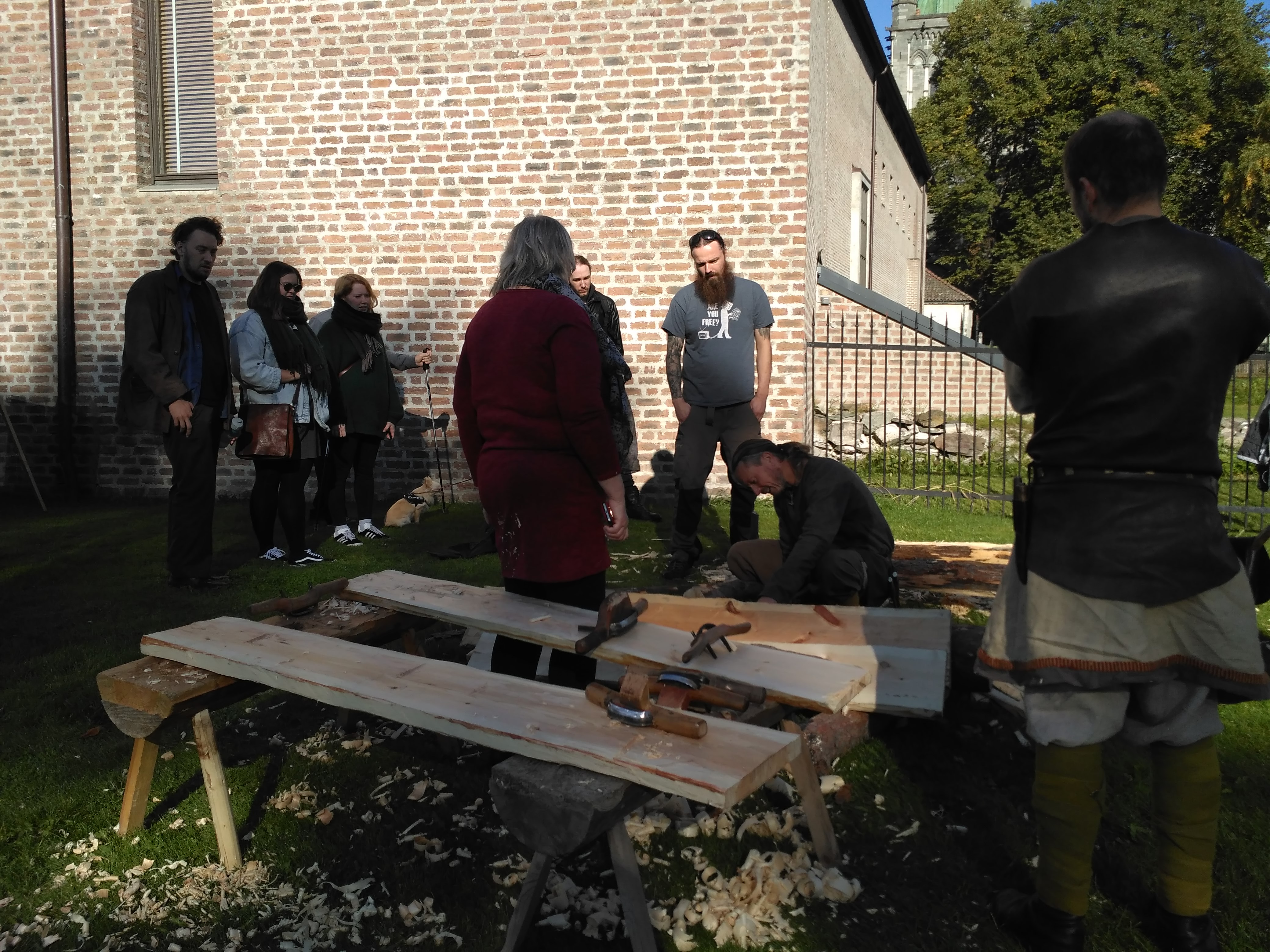
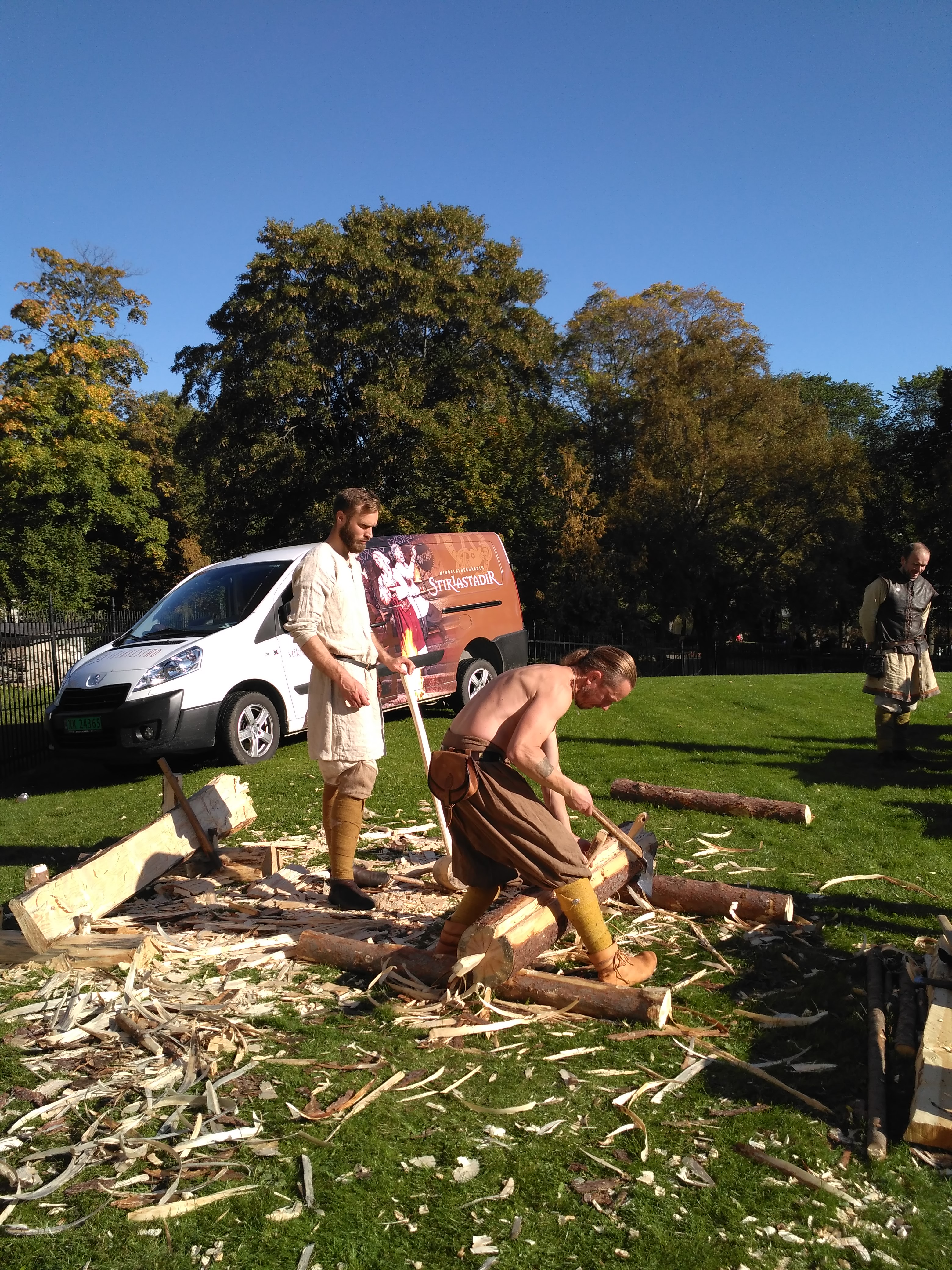
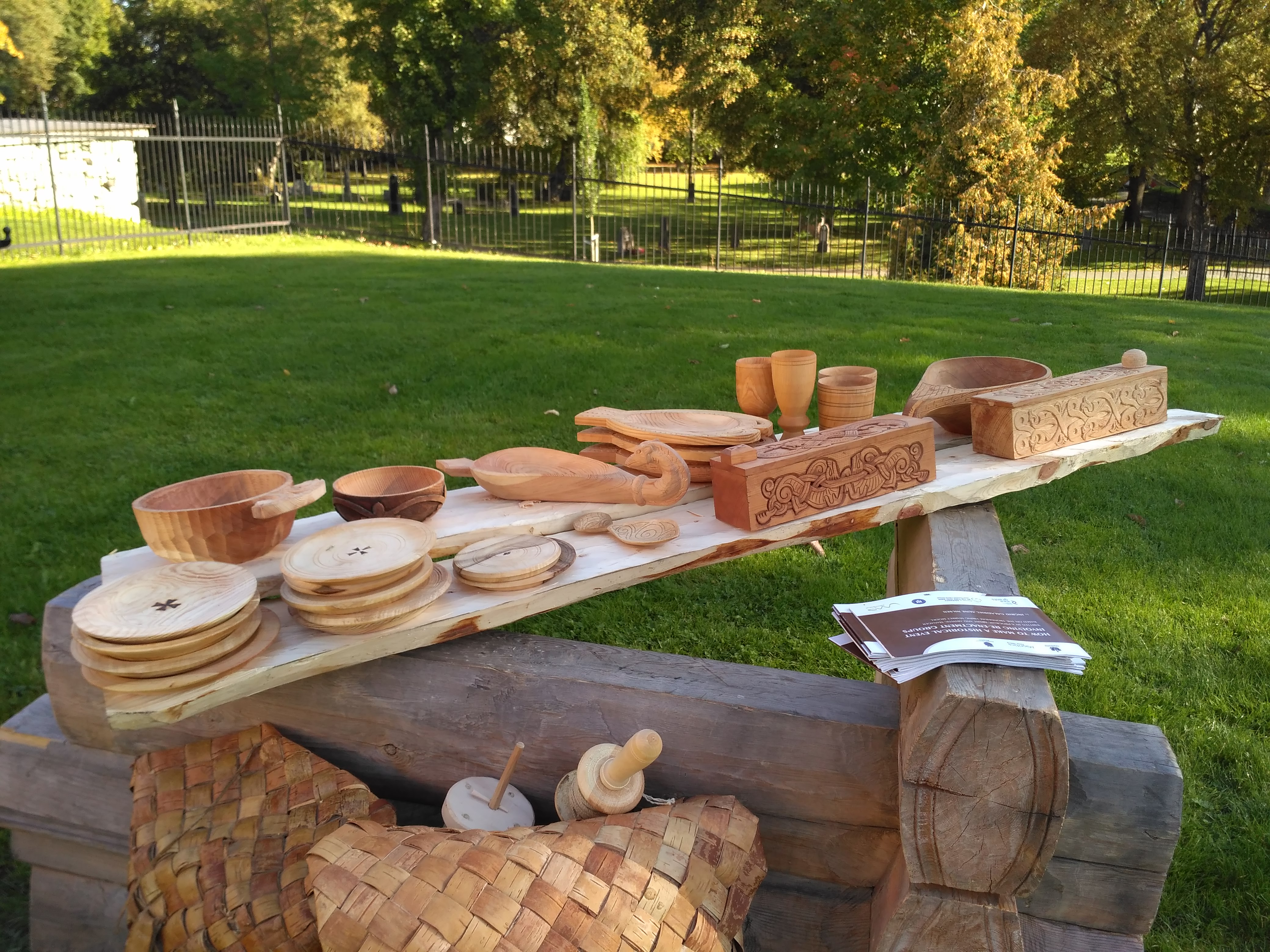
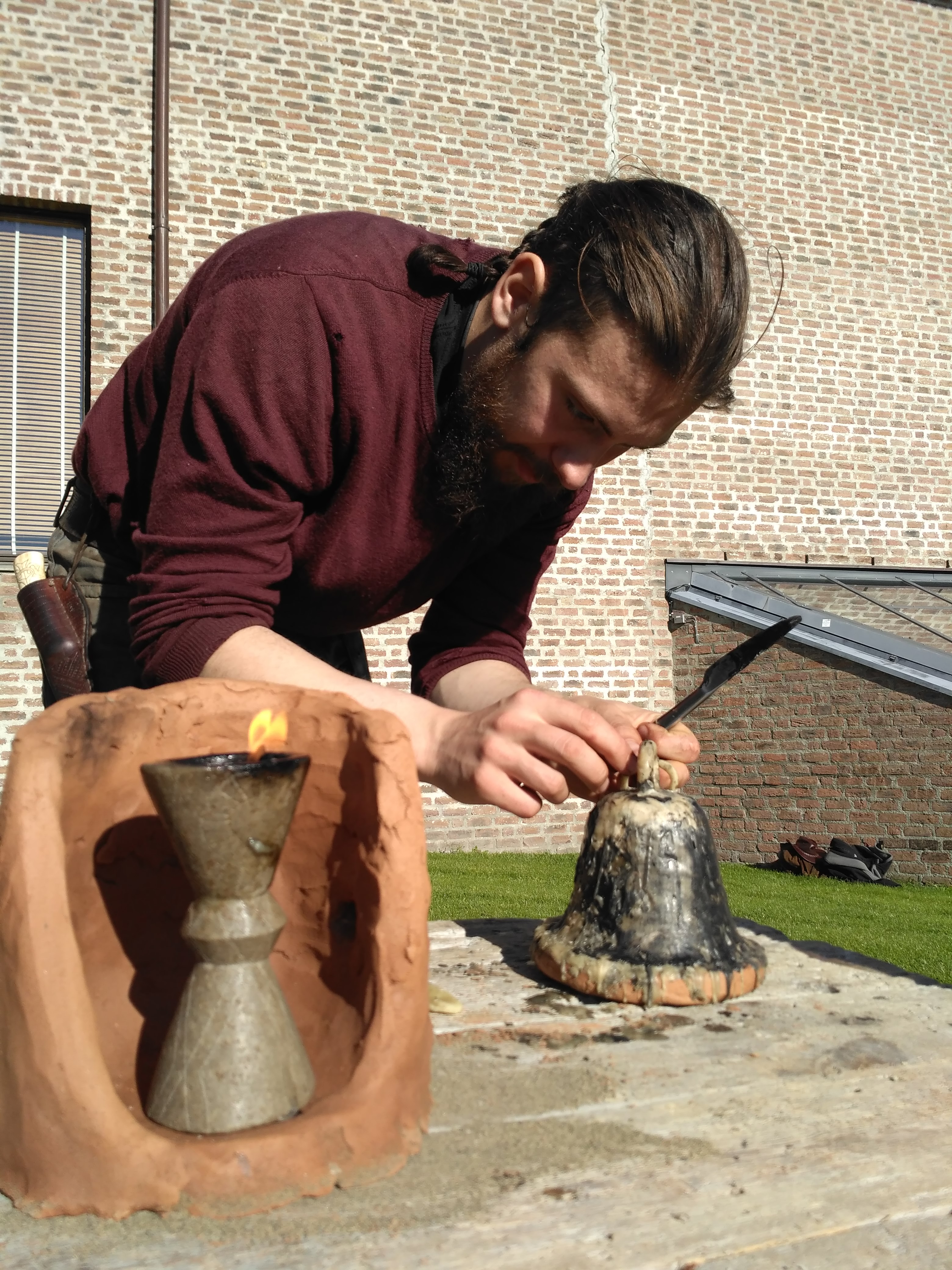
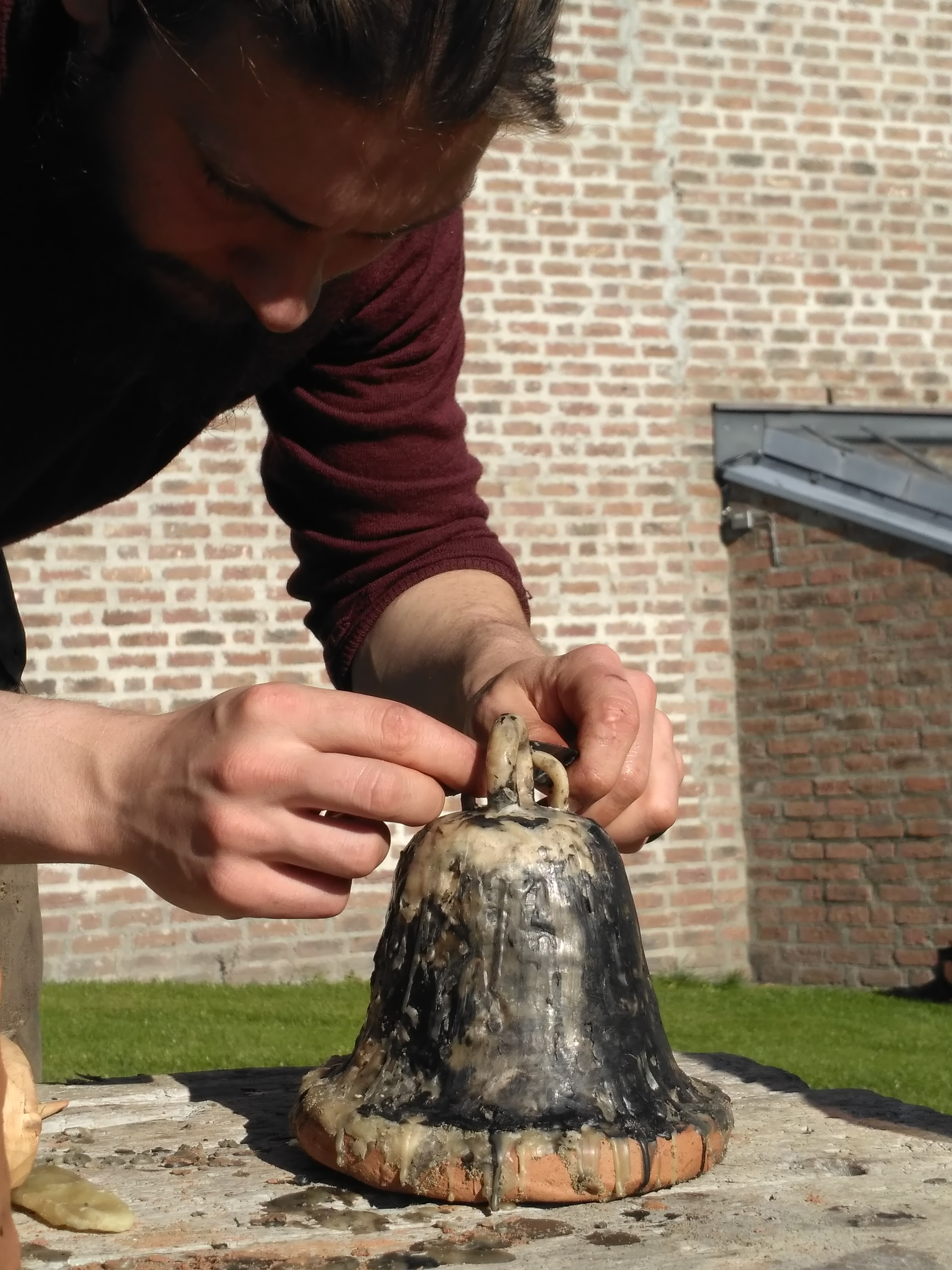
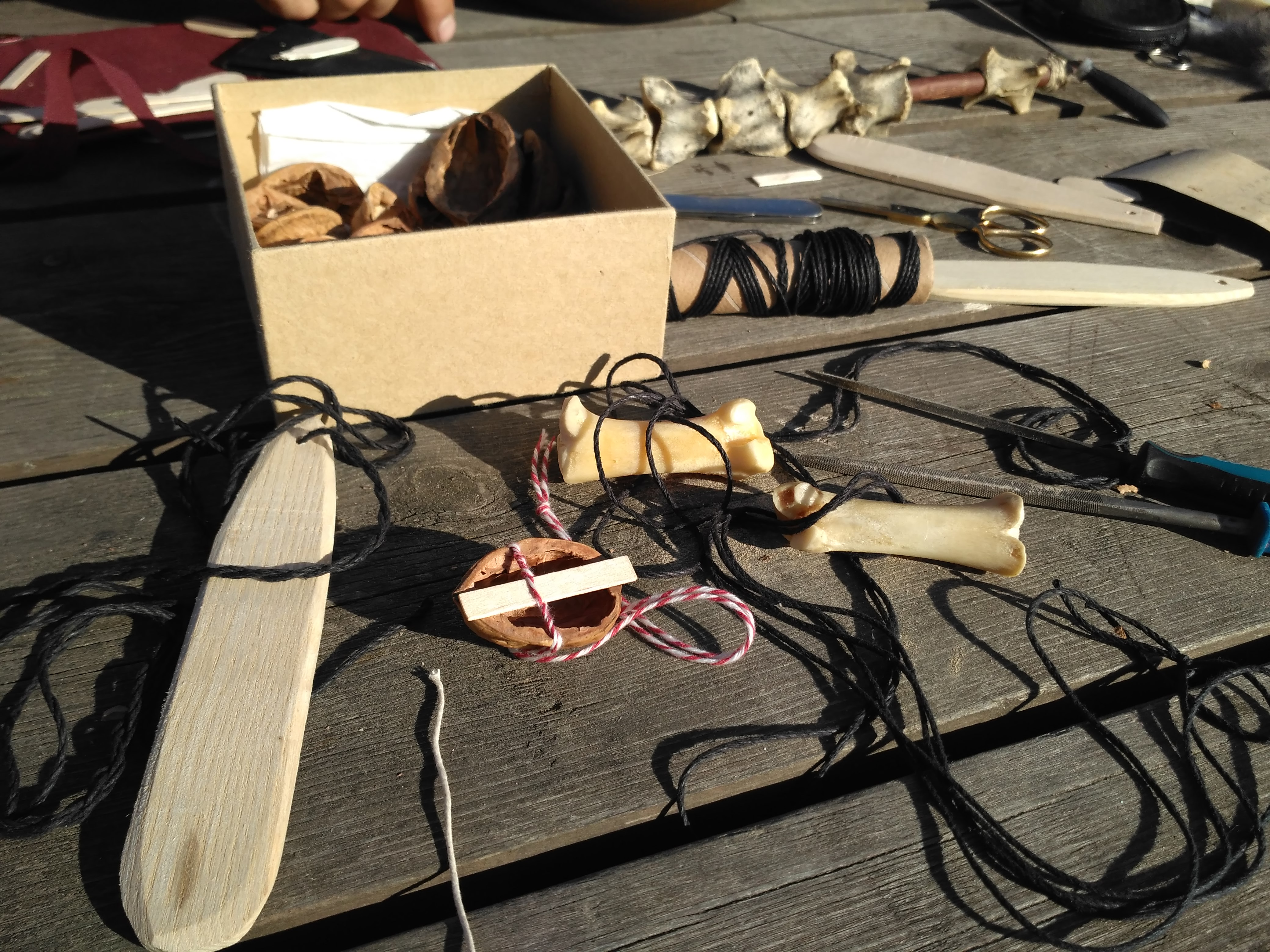
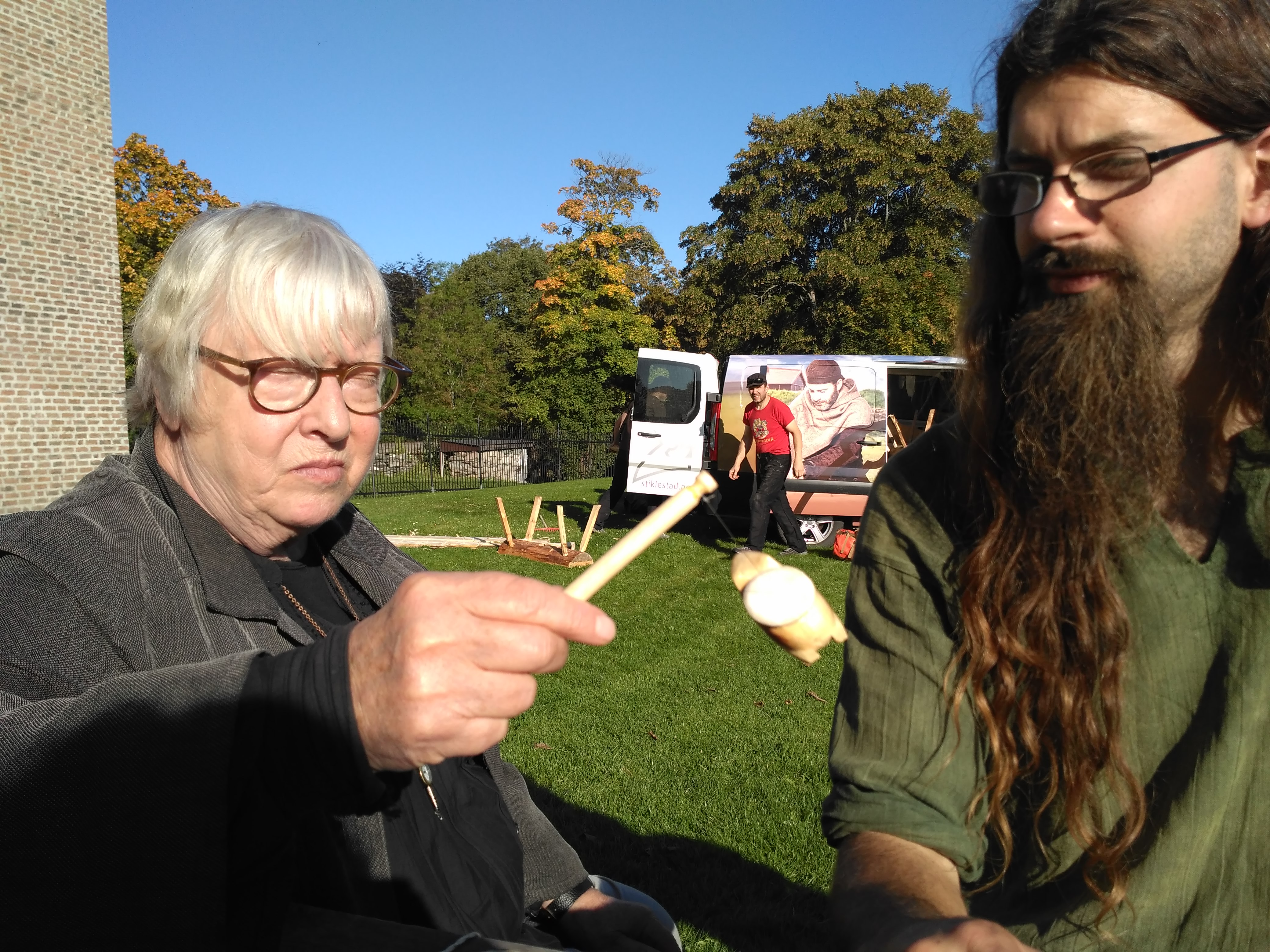
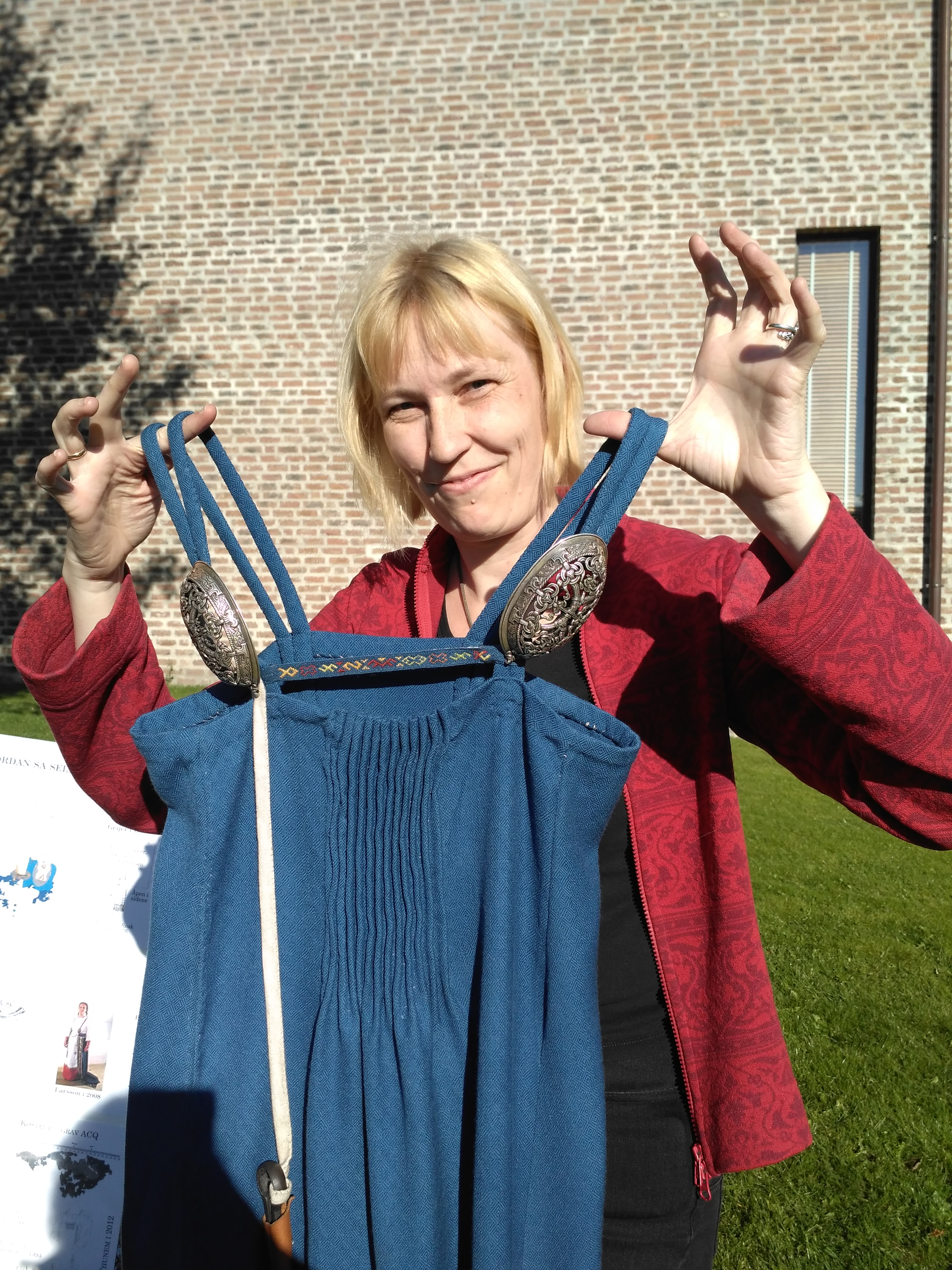
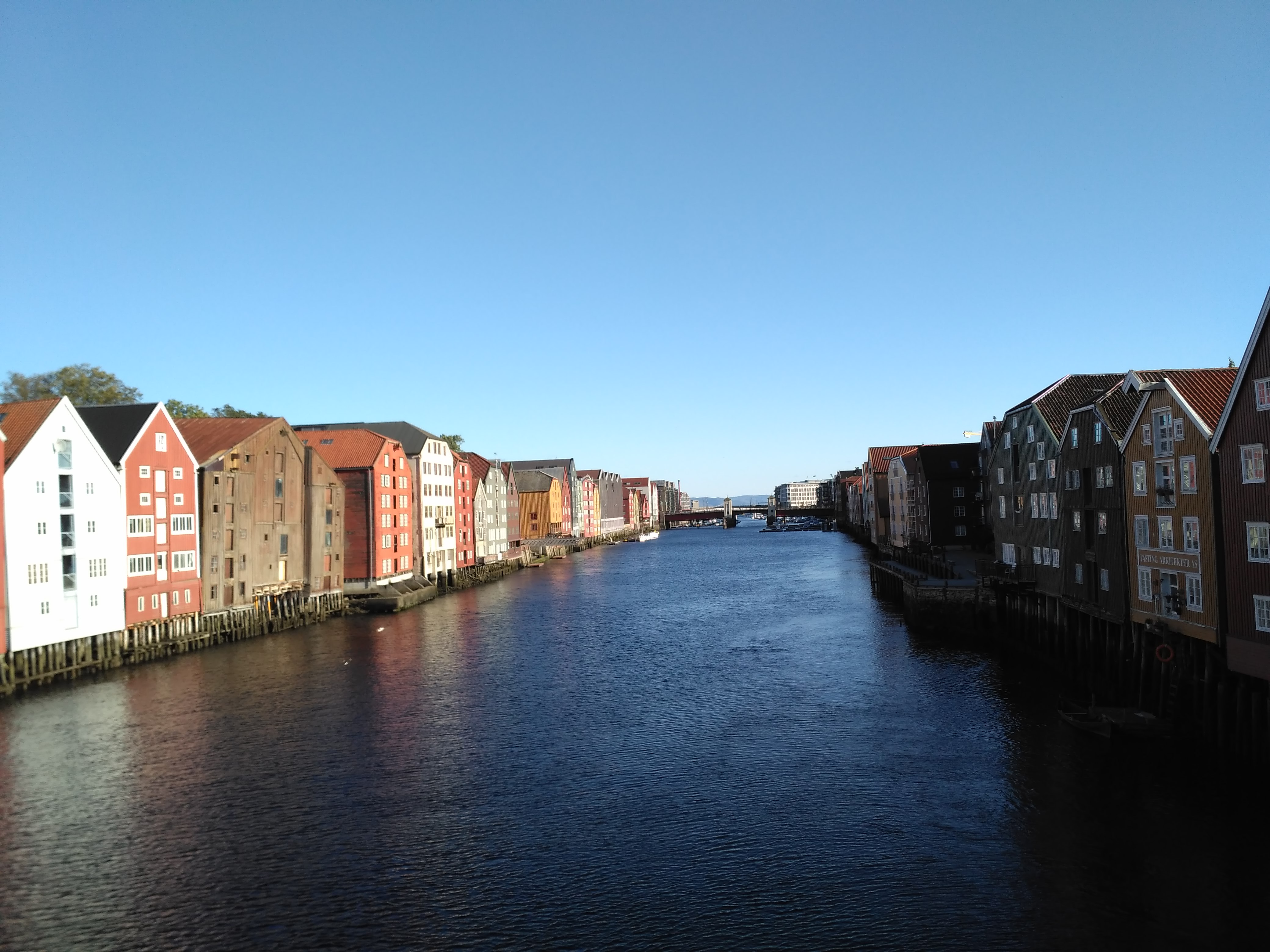
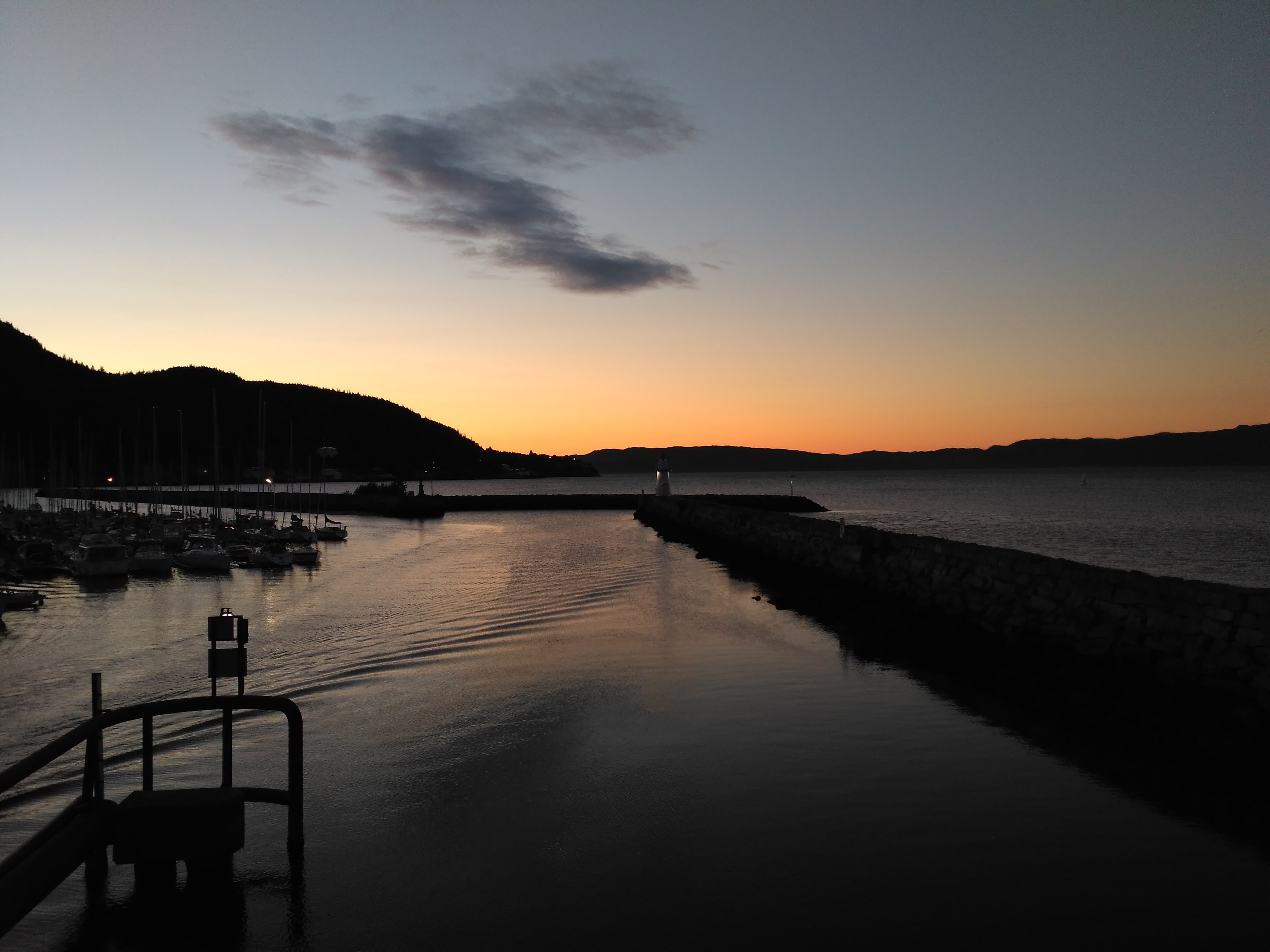
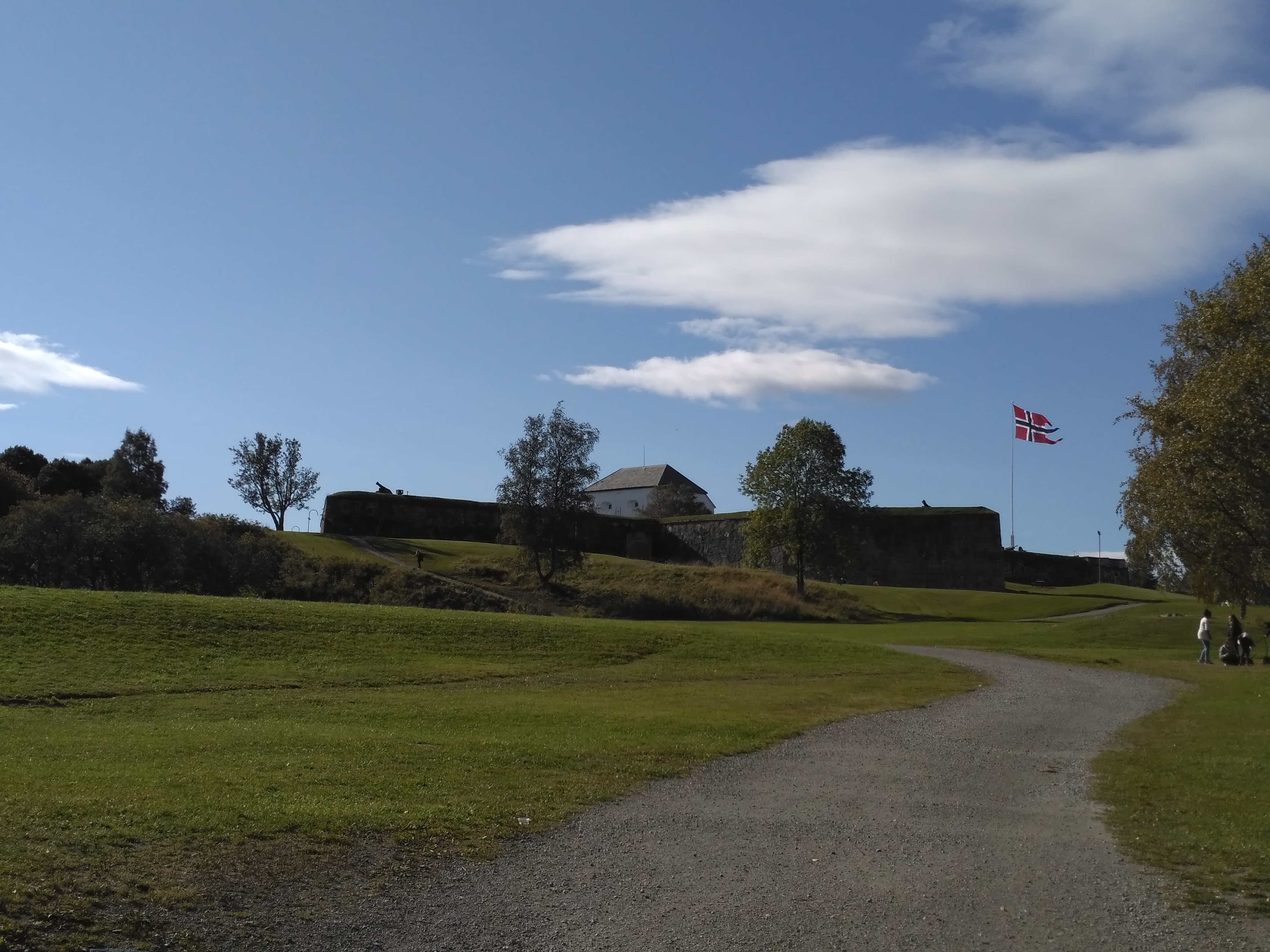
You must be logged in to post a comment.